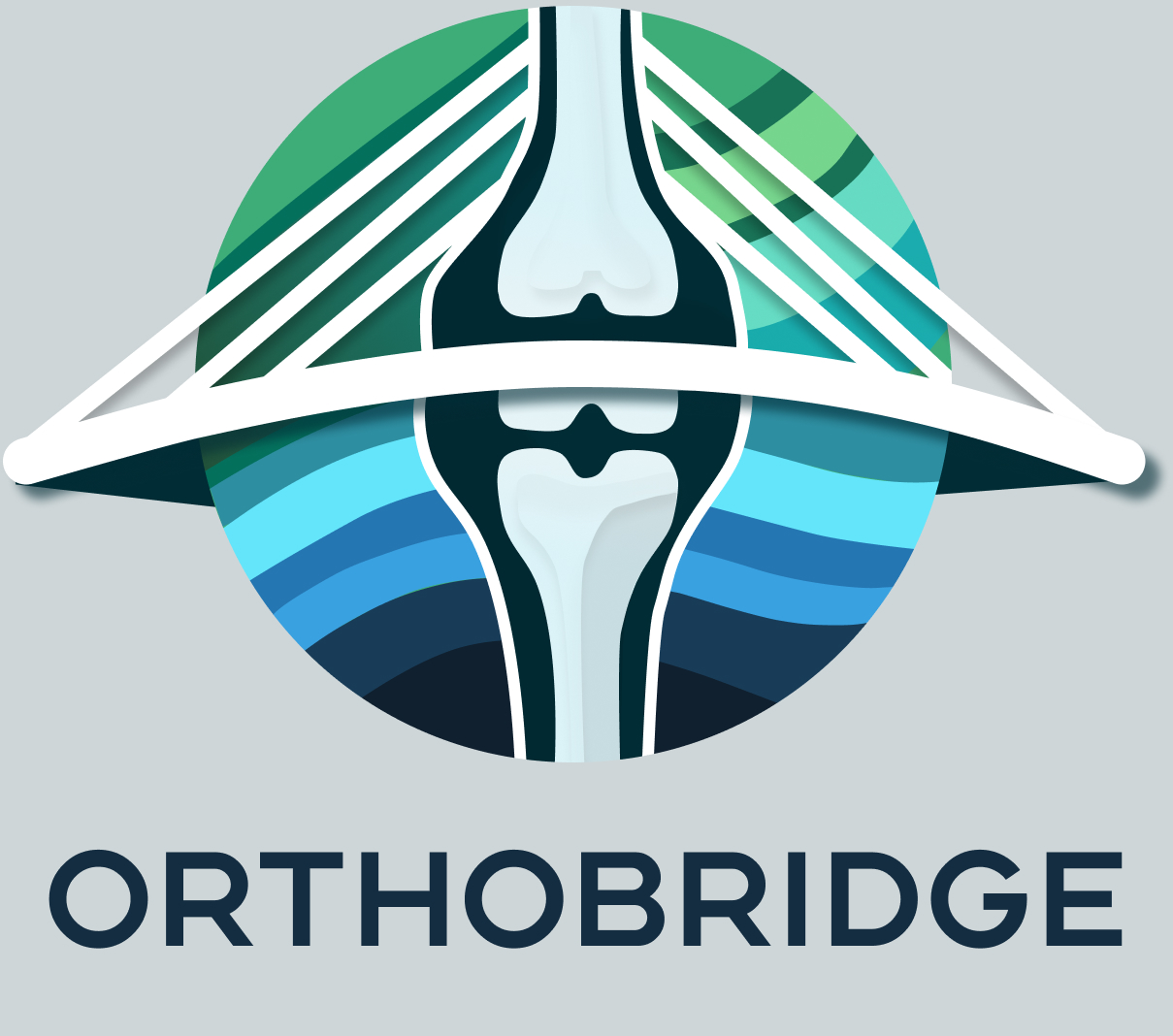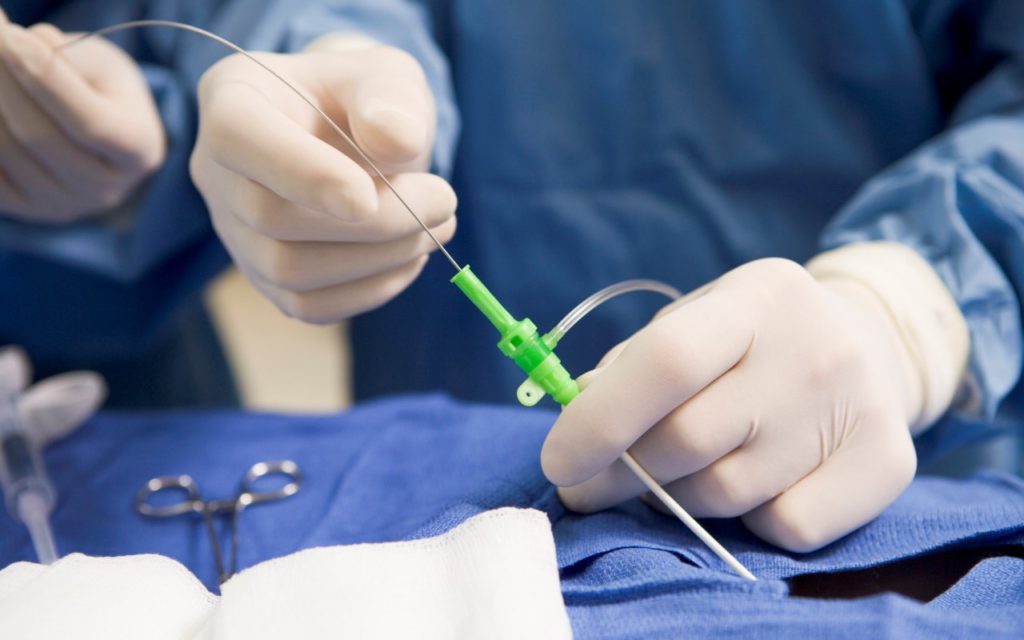A Guide to Choosing an Orthopedic Surgeon in Kenya
Finding an orthopedic surgeon in Kenya to perform your surgery can be one of the most important decisions you can make. Before physically preparing for surgery, you will need to prepare by selecting a hospital and an orthopedic surgeon to perform the surgery.
Important considerations include your surgeon’s experience and skill, how you work with this doctor, how convenient he is located, and if you trust your surgeon. Fortunately, there are things you can do to simplify the search.
Taking a structured approach may not only make the search easier but provide you the necessary insights to make a balanced, informed choice.
If you are seeking relief from pain, it’s important to find the most skilled practitioner. Here are some tips to help.
1. Location
Location in this case has to do with convenience. You may need to visit the orthopedic surgeon several times during the course of your treatment.
During that time, pain, bandages, and other orthopedic devices may restrict your mobility. You will therefore need an orthopedic surgeon in a place that is close by, to lessen the travel burden.

The quality of care of the hospital and ambulatory surgery center where the orthopedic surgeon can treat patients should also be a concern. Hospital quality matters to you because patients at top-rated hospitals have fewer complications and better survival rates.
2. Infection rates
Infection rate is also an important aspect to research when choosing an orthopedic surgeon. This is because most Surgery comes with an infection risk because surgeons open the skin and insert instruments.
However, there are many ways hospitals and surgery centers can minimize these unnecessary infections.

Getting an infection from your surgery or just after, while your incision is still healing, can extend your recovery time dramatically. In the extreme, an infection resulting from surgery can be life-threatening.
3. Availability, cost and insurance coverage
This includes checking the doctor’s appointment book and checking whether your insurance will cover the cost of surgery or if the doctor you want is on the insurer’s provider list.
You can do this by either calling your insurance company directly or doing a provider search on the member portal of your insurance company website.

4. Postoperative plan
Any good orthopedic surgeon has a good relationship with physical therapists and many even say that physical therapy can make or break their outcomes.
Make sure your surgeon has people they trust who know their post-operative plan.
5. Consider if your orthopedic surgeon suggests conservative treatment first.
Even if you have pathology confirmed with diagnostic imaging (X-ray, MRI, etc), it doesn’t necessarily you need to have surgery.
Proceed with caution with surgeons who are pushing you to operate right away.
6. Training, certificate and credentials
Training is also an ongoing activity for active surgeons. In addition to the hands-on training they get performing regular operations, surgeons need to be taught the latest equipment and any new procedures that are developed.
In terms of education, physicians are required to undergo educational opportunities such as fellowships and acquire the right certifications and licenses.
7. Number of surgeries and the rate of successful outcomes
Many surgeons do many different surgeries. You may have one that does a rotator cuff, an ACL, a total knee replacement, and an ankle surgery on the same day.
But it makes more sense if a surgeon specializes in a particular procedure, they’ll be more technically sound at it.

You’ll want to know how many surgeries develop complications and how much need repeating. This will give you some data to compare against other orthopedic surgeons.
8. Communication style and gender
What orthopedic surgeons do is extremely specialized and complex and therefore communication can actually be a difficult issue for most of them. It can be difficult for them to explain the procedure in a way that you can understand.
On top of that, they may be hurried by their surgery schedule and not be able to spend enough time with you to make you feel comfortable about the procedure.
Since orthopedic surgery is generally not an emergency, you can take the time to meet the orthopedic surgeon so that all your questions are answered.

Be sure to ask the orthopedic surgeon about his or her recent training and experience specifically related to your condition and your gender.
Doctors are becoming more aware of anatomical sex differences and gender attitude differences in treating orthopedic patients. As a result, orthopedic programs specific to each gender are becoming more common.
Maximizing full functional ability with Col (Dr) Adari
They should listen to you, answer your questions, understand your goals, calm any fears, and make you feel important. They should also talk to you about the risks and benefits of the procedure.
No matter what your reason for needing an orthopedic doctor, Orthobridge Orthopedic Centre in Nairobi is a great place to find one.

If you need physical therapy, it would be a privilege to serve you and partner with you in your care. We have locations at Upper Hill Nairobi, 3rd floor Nelson Awori Centre, Nairobi Kenya to serve you.












